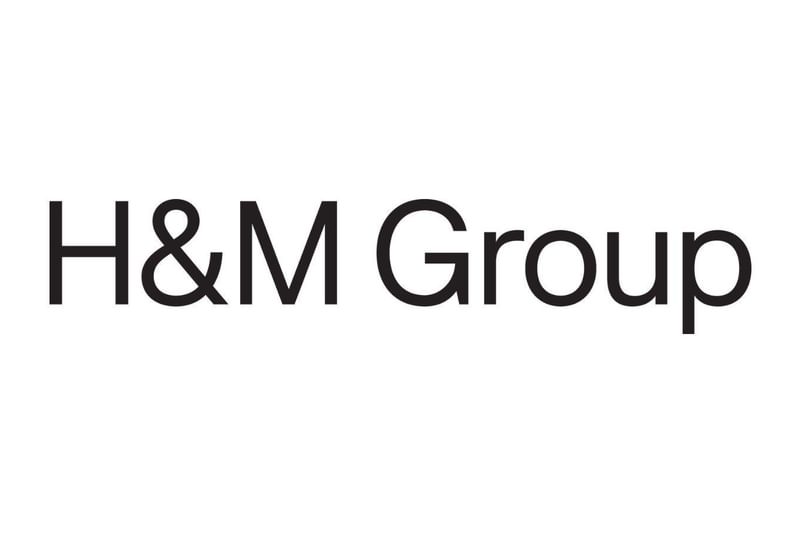
SBTi is committed to robust governance and will not shy away from debate
Apr 19th 2024
By Luiz Amaral, CEO, Science Based Targets initiative (SBTi)
As SBTi’s CEO, I am concerned about recent media coverage regarding our work enabling companies to reduce carbon emissions in their global value chains, known as scope 3 emissions. I acknowledge and deeply regret the concern and distress this situation has caused and want to reassure my SBTi colleagues and stakeholders that the SBTi’s dedication to science-based decarbonization, public consultation and standard-setting governance is unwavering. The SBTi standards have not changed.
When I joined the SBTi my vision was to enable the organization to become a true voluntary standard setter, compliant with regulations and following best practice for decarbonization. The SBTi has approved Standard Operating Procedures for Development of SBTi Standards which must be followed before making changes to any of our standards. This includes definition of the workplan by the Board, research and drafting by our Technical team, public consultation, review and approval by our independent Technical Council and consideration and adoption by the Board.
Following this process, and as stated in our work plan, as part of the revision of the Corporate Net-Zero Standard we are exploring changes to tackle the challenges that exist around scope 3, including exploring responsible use of Environmental Attribute Certificates (EACs) with the right guardrails and limits. A first draft paper will be published in July 2024 and, once the revision process is complete, I am confident we will have a more robust standard that will deliver greater impact. I have full trust in our governance, our team, our Technical Council and our Board.
I want to make clear: the SBTi will continue to follow our Standard Operating Procedure for Development of SBTi Standards and the steps it outlines, which was approved in late 2023 and is publicly available on our website. I am proud and grateful for the hard work that the SBTi team has undertaken to make us stronger. I look to our independent Technical Council to oversee technical decision-making. I count on our Board for setting strategic directions. Strong governance is fundamental to the SBTi as a voluntary standard-setter.
The need for rapid, large-scale decarbonization is greater than ever. The growing climate crisis makes it critical that all businesses - especially those in high emitting sectors - take urgent steps to decarbonize both their own operations and their value chains. The mitigation hierarchy shall always apply: companies cannot buy their way out of acting. Also, the battle on climate change will be won or lost on scope 3, as it is an engine to promote change. One actor in a supply chain influences the next - creating the global movement that we need.
But we also must recognize that not all scope 3 emissions are created equal. Some are more material, some less so. Companies have significant control over some emissions, less over others. Some emissions are upstream, others are downstream.
Two and a half years after we introduced our Corporate Net-Zero Standard, these lessons have been learned and we must face them head on. I refuse to avoid a difficult discussion if it could potentially improve our standards to deliver a bigger impact. This deliberation is underway and advancing. The SBTi is operating at the very edge of knowledge, and that is why a periodic review of our corporate Net-Zero Standard must follow the approved procedure and be led by evidence.
We acknowledge that we are still evolving from an initiative to a voluntary standard setter in our own right. We’re in the process of preparing an application for membership of ISEAL, an international organization that assures sustainability standards.
A big part of that journey is listening, reflecting and learning in response to feedback from a wide range of sources. It’s perhaps a sign of our maturity as an organization that we do not shy away from even the most challenging debates - and I for one am not afraid to discuss, revisit and rethink our approach based on scientific evidence and following pre-established processes.
I look forward to working collaboratively with the SBTi team, Trustees, members of the Technical Council and advisory groups, partners, businesses, academics, scientists, and the NGO community, to ensure we get the best possible outcome from this process. I remain firm in my belief that voluntary standards play an important role in helping businesses decarbonize, and I call on all our stakeholders to work with the SBTi to reach our common goal - a net-zero economy driven by ambitious, science-based emissions reduction targets.
Latest News
View News


